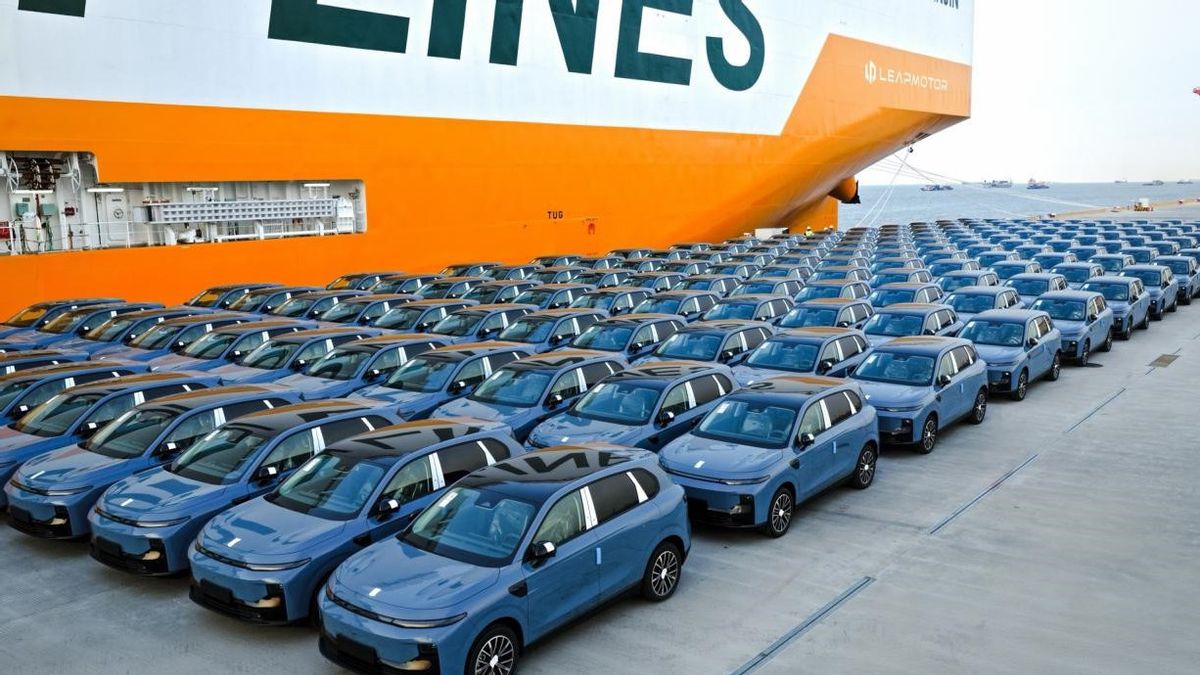
Sebastian Contin Trillo-Figueroa, Geopolitics Analyst in EU-Asia Relations and AsiaGlobal Fellow, The University of Hong Kong
Feb 14, 2026
Hostage Interdependence and Managed CohabitationThe land of Machiavelli, Richelieu, and Metternich has rediscovered a rule of power politics it once grasped ins

Dan Steinbock, Founder, Difference Group
Feb 13, 2026
In a recent speech, Canada’s Prime Minister Mark Carney declared the end of the rules-based order. Yet, U.S. unilateralism began accelerating in the 1980s, and much of the West complied so long as it remained beneficial. Today, that alignment no longer holds.
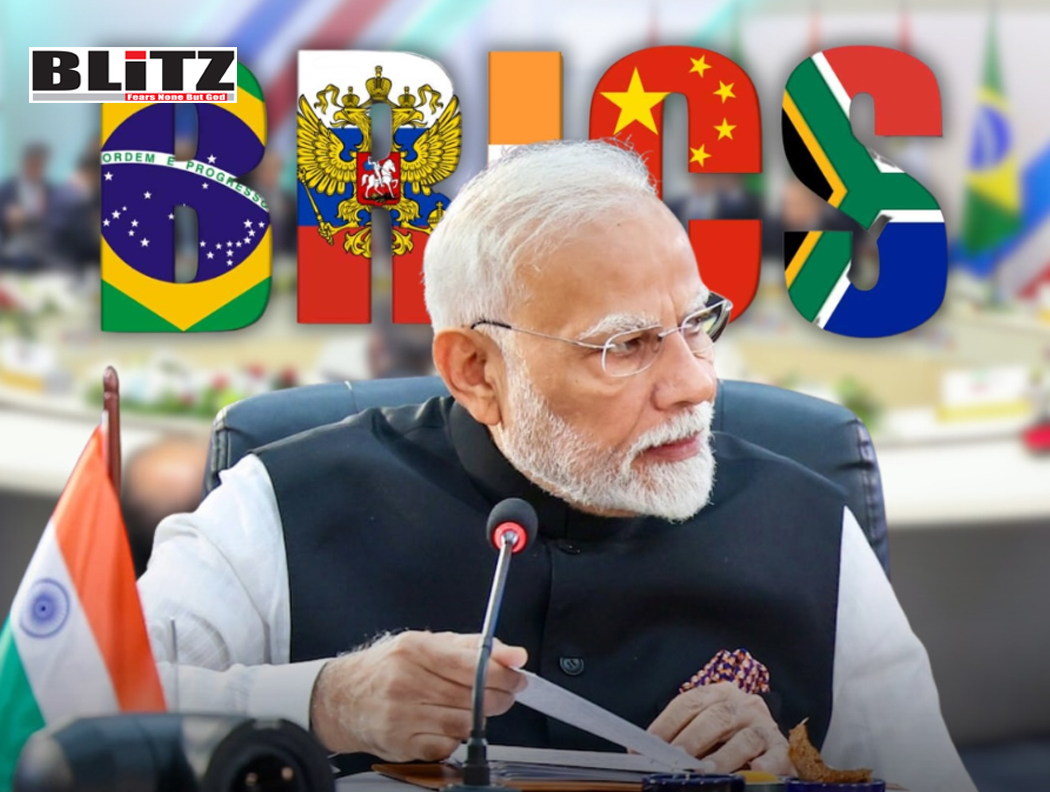
Wang Youming, Senior Research Fellow of BRICS Economic Think Tank, Tsinghua University
Feb 10, 2026
The U.S. president has been a bull in a china shop over the past year, shaking the international order to the core. Such shocks to the global governance system present new opportunities and challenges for BRICS to grow and leave its mark.
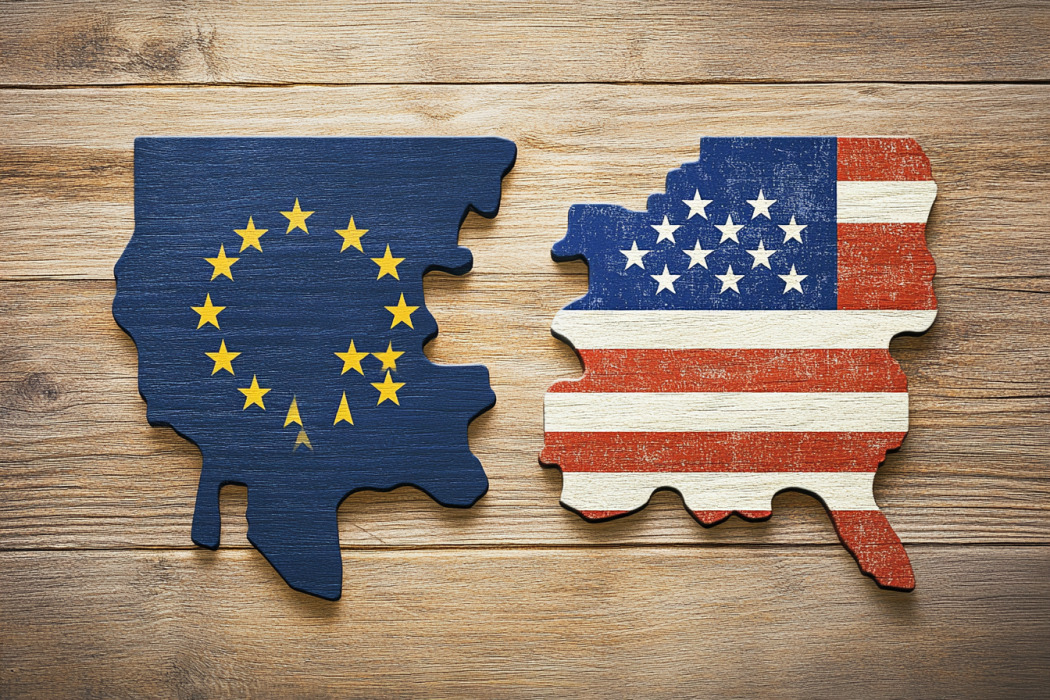
Jade Wong, Senior Fellow, Gordon & Leon Institute
Feb 10, 2026
For Europe, despair runs deeper than sorrow when it comes to the United States. Yet it will seek to leverage its advantages—institutions, laws, norms and expertise—as it tries to guide and constrain the U.S..

Tian Shichen, Founder & President, Global Governance Institution
Feb 06, 2026
The durability of any China-UK rapprochement will depend not on diplomatic symbolism but on whether London is prepared to pursue pragmatic cooperation based on its own national interests.
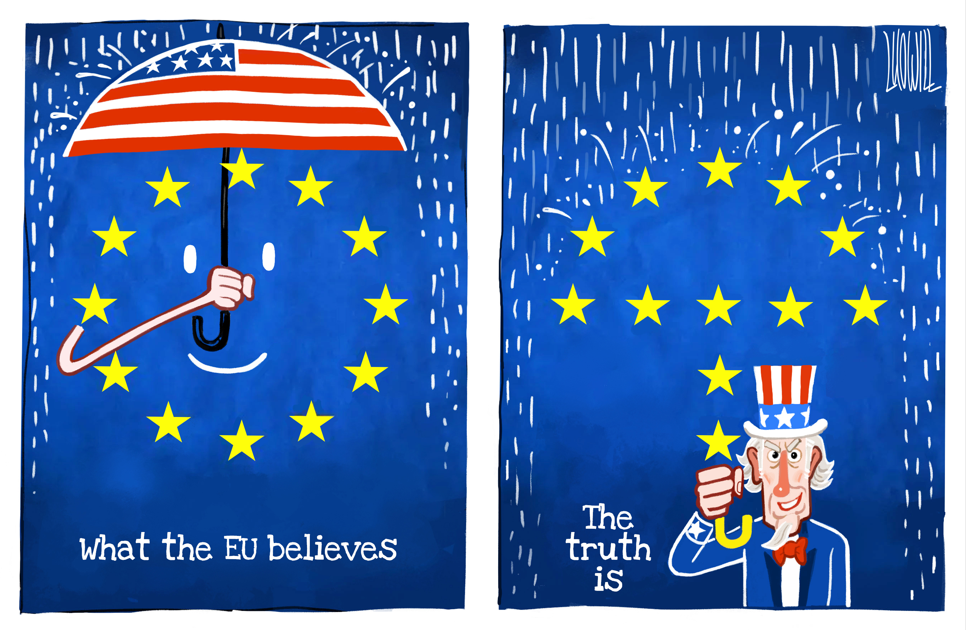
Stephen Holmes, Professor at New York University School of Law, Berlin Prize Fellow at American Academy in Berlin
Feb 05, 2026
By threatening to seize Greenland by force, US President Donald Trump has exposed the childlike illusions of his European admirers. Having spent years cultivating their bromances with him, the continent’s right-wing populists – the United Kingdom’s Nigel Farage, Jordan Bardella in France, Alice Weidel in Germany, Italy’s Matteo Salvini, Robert Fico in Slovakia, Hungary’s Viktor Orbán, and Mateusz Morawiecki in Poland – imagined themselves fellow travelers in a revolt against liberal internationalism. Now their idol and patron has been threatening to swallow whole or in part (if the supposed “deal” he has announced comes about) the sovereign territory of a European ally.
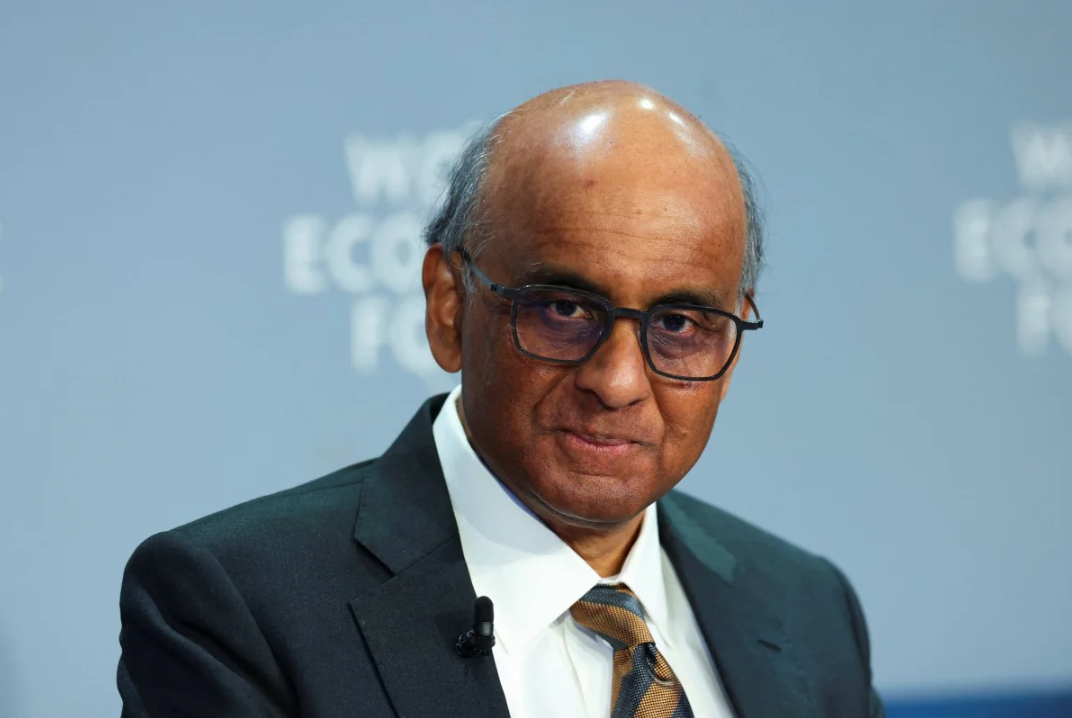
Sun Chenghao, Fellow, Center for International Security and Strategy of Tsinghua University; Munich Young Leader 2025
Bai Xuhan, An analyst at ChinAffairsplus
Feb 05, 2026
For Singapore, the China-U.S. relationship is much more than a bilateral concern. It has profound implications for the sense of security, strategic expectations and assessments of the future by all medium-size states.
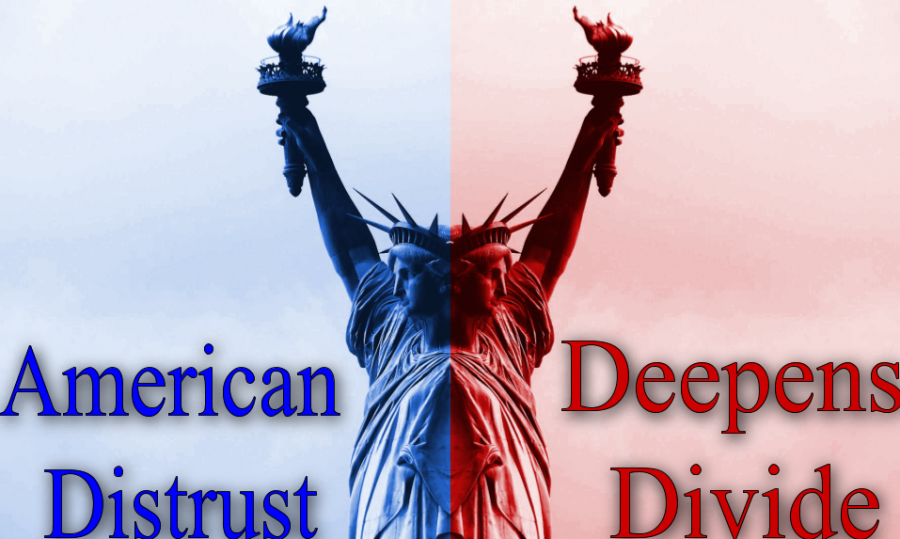
Li Yan, Director of President's Office, China Institutes of Contemporary International Relations
Feb 05, 2026
Partisan polarization, electoral pressures and factional strife function together, driving Trump to take a tough stance abroad as his main tool in his political gamesmanship.

Sajjad Ashraf, Former Adjunct Professor, National University of Singapore
Feb 05, 2026
The United States is undergoing a historically familiar phase of imperial decline, marked by internal dysfunction, economic overreach, and diminishing global credibility, alongside the rise of China and a broader shift toward a multipolar world order.

Liu Xuejun, PhD Candidate, Department of Public and International Affairs, City University of Hong Kong
Feb 05, 2026
Despite recent signs of stabilization in Sino-Indian relations at the national level, subnational cooperation between the two countries remains largely stagnant and closely constrained by broader bilateral dynamics. While local governments in both China and India have clear incentives and precedents for collaboration, political tensions, structural competition, and limited institutional follow-through continue to impede the revival and expansion of these ties.
Back to Top

- China-US Focus builds trust and understanding between the U.S. and China through open dialogue among thought leaders.
- Our Offerings
- Topics
- Videos
- Podcasts
- Columnists
- Research Reports
- Focus Digest
- Stay Connected
-
Thanks for signing up!
- Get the latest stories from China-US Focus weekly.